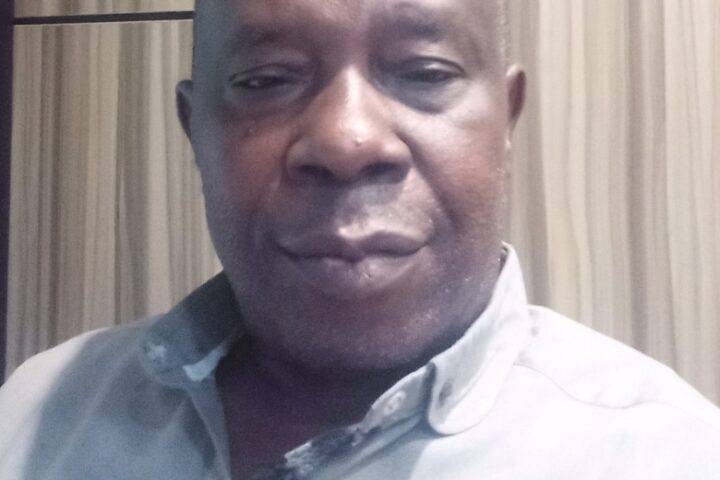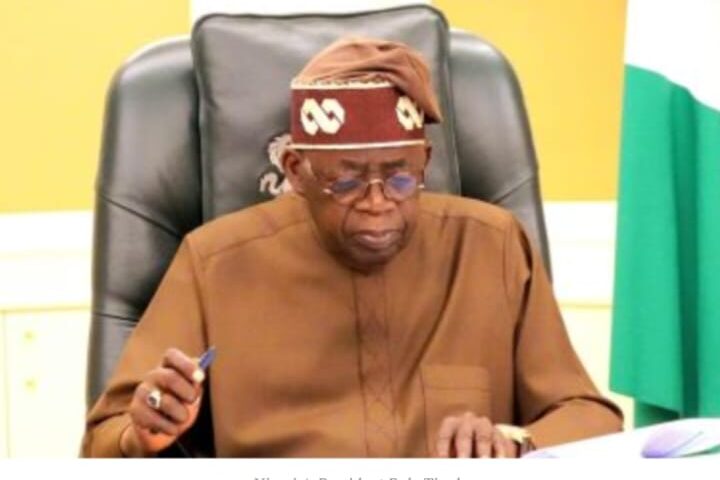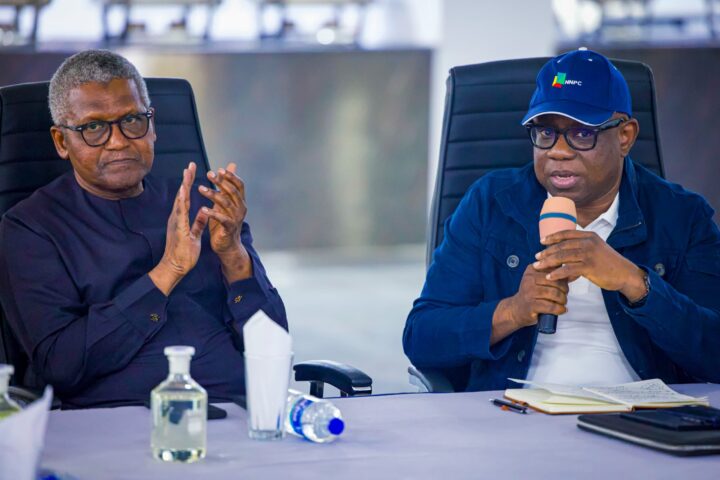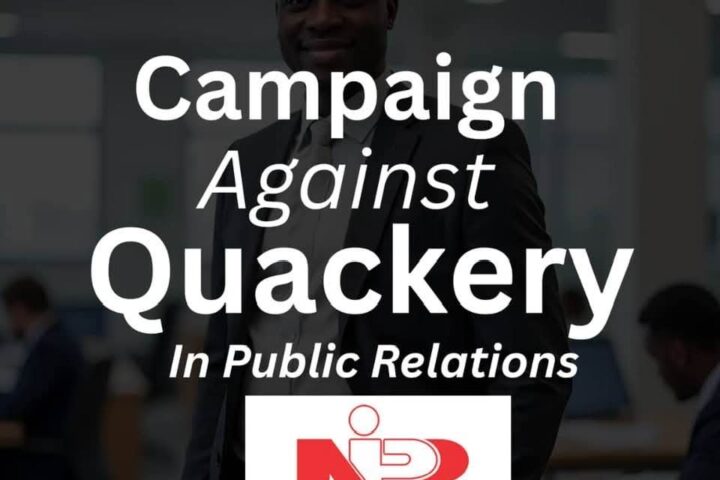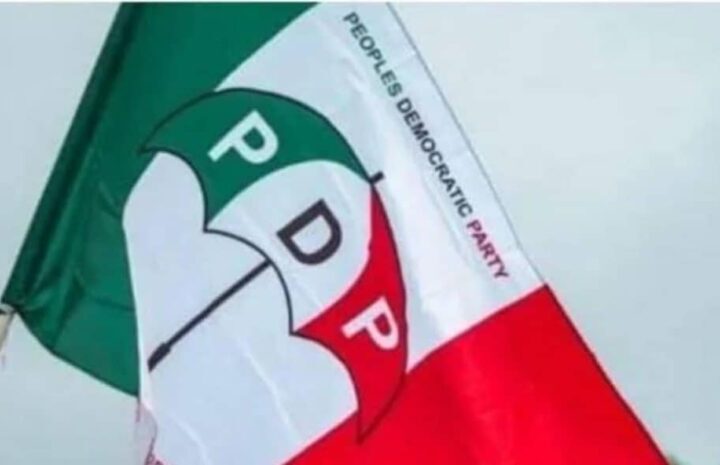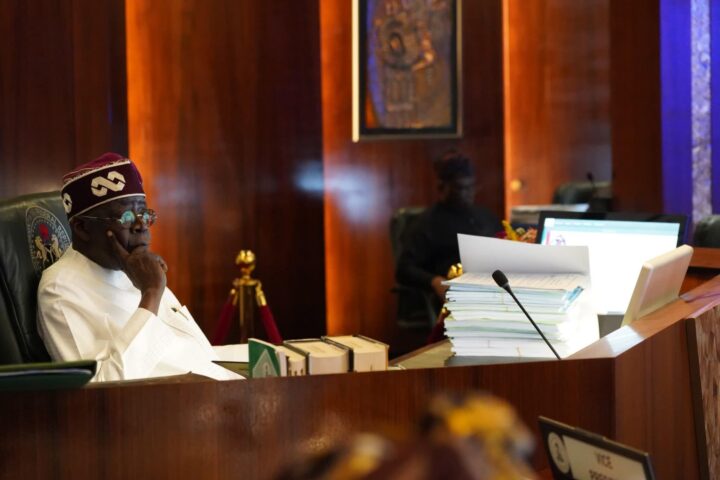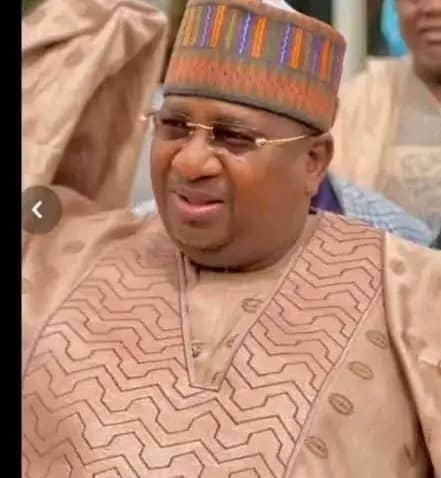By Mohammed Bougei Attah
The above title is a confirmation of my earlier statement and to a rejoinder by one Ojeifo (second name not provided), Editor-in-Chief of The Conclave Online to my piece “Misrepresentation, Interpretation about Certificates and BPP’s Professional Certification in Procurement published in Blue Print Newspaper, of May 21st among other stables this year.
In his wisdom, Ojeifo has captioned his rejoined as “Addressing CIPSMN’s Grouse about BPP’s Training and Certification” published by tribuneonline.com and believing that my earlier piece, and that of an Editorial in Daily Trust Newspaper of July 1st, authored by Hussaini Abdullahi, represents the opinion or position of the Chartered Institute of Purchasing and Supply Management of Nigeria, CIPSMN. In particular, he saw the two submissions speaking in one direction.
This to an informed mind will simply convey the true situation when reviewed against the backdrop of the issue(s) at stake.
When my attention was drawn to the piece, my reaction at first was to ignore the rejoined because the writer is arguing a case outside his professional status, and much so that he lacks the authority to argue on a subject that authorities in procurement and law have conceded to. On a second thought, and after a careful review of the piece, it is clear from the submissions that we have a case of the biblical passage “…it is the hand of Esau but the voice of Jacob”
Reading from my first piece on the subject, Ojeifo realized the deep gaps and unethical stands in his paper when I said: “The case of BPP is worsened by a recent publication in a social media platform titled ”The FG’s Drive to reform public sector procurement” by Sufuyan Ojeifo. This in my opinion is a misdirected submission.
Apart from failing in all aspects of the report to reference the PPA 2007 and the National Council for Public Procurement, NCPP which are the guiding law and regulation for launching the programme, it is evident that any discourse about public procurement management without the mention of the CIPSMN is totally incomplete exercise”
In the follow-up rejoinder, he was careful to take note of these errors, and this is commendable.
Before delving into the core issue about procurement, let me engage more in educating Ojeifo about professionalism and educational requirements when engaging in any subject outside your knowledge, otherwise such people may be referred to as interlopers. This is therefore for purpose of learning.
For knowledge purpose, it is a statutory need that professional bodies determine the standards of knowledge and skills for persons seeking to become and be certified as members of their various professions.
As we continue to learn, it is important to note what professional bodies do and as a member of the Guild of Editors in Nigeria. Neither the Office of the Minister of Information, nor the National Broadcasting Commission, NBC are empowered to certify who can be called a Journalist in Nigeria.
Rather, it is the Nigerian Press Council (NPC) Act CAP 128 of 1999 as amended that determines who is a Journalist. Therefore to be a member of the Guilds of Editors is only qualified to be an editor if he or she meets the qualification for an appointment as an editor as provided for under Section 27 of the NPC Act.
Section 37 “Interpretation” of the NPC Act identify a Journalist to mean “any person engaged in the collection, processing and dissemination of information for use in the press and who has been accredited by Council (NPC)”.
By implication, anybody who claims to be a journalist and is not accredited by the NPC is a quack, the same thing applies to procurement practice.
By the provisions of Section 19 (Registration of Journalist) of the NPC Act, the NPC determines who is a journalist in Nigeria and not the News Agency of Nigeria (NAN) or Nigerian Broadcasting Commission.
This does not however stop the NAN or BON from organizing or coordinating trainings for journalists (who are persons accredited, certified by NPC only) to build institutional capacity or to collaborate with other organizations in and or outside Nigeria but not to the extent of bringing the equivalent of NPC from the United Kingdom to be certifying people and granting them licences/certificate to practice in Nigeria as Journalists, thereby deliberately subverting the Nigerian law(s) relating to that subject matter with impunity.
Recently, the Broadcasting Practitioners Bill has just been passed by both the Senate and the House of Representatives. Take note that this is different from the Broadcasting Organization of Nigeria, and they are to perform two different functions like the BPP and the CIPSMN. All the above are to lay foundation for your understanding of procurement management system in Nigeria.
I have perused through the submission made by Ojeifo in respect of his position regarding, explanations on the CIPSMN and the PPA Acts 2007 upon which the BPP is established as the Secretariat of the National Council for Public Procurement, NCPP, the body established by the Public Procurement Act (PPA) 2007 for policy guide over the Bureau activities.
There appears to be lack of proper understanding and misrepresentation of facts regarding the entire procurement reforms in Nigeria. The Country Procurement Assessment Report (CPAR) 2000 laid the foundation upon which, both CIPSMN and PPA 2007 was predicated. It would be supportive to do a deeper study of this very document to enable you understand the import of the PPA 2007 before exposing your ignorance regarding the two laws.
On specific note, the comment about the position of the Bureau in government establishments is grossly misplaced.The BPP is established as an agency of government whose mandate is it, to ensure compliance with provisions of PPA 2007. I can tell you authoritatively that, the structure was borrowed from an existing administrative authorities in the privatization sector where there exist, the National Council on Privatization (NCP) and the Bureau of Public Enterprises (BPE). I think you need to learn from this too.
It is questionable the power of the Bureau to signing an MOU with a foreign professional body as against an established professional Institute in Nigeria, having the same mandate and relevance in procurement and supply chain management. This is an aberration as well as an affront against the CIPSMN establishment Act 2007 and Presidential Executive Order 05 being a policy guide on Local Content application in the country.
Part 2, Section 5k of the PPA 2007 are misrepresented in context as well as ran over board in scope. The Section say in quote “the Bureau shall “Organise Training and Development Programme for Procurement Professionals” Further, the section states that, the BPP is to “Coordinate Relevant Training to Build Institutional Capacity” I therefore reemphasize my earlier position that the “BPP Has No Mandate to Conduct Training and Certify Practitioners” .
The simple understanding here, even for a lay man is that the BPP can organize training, issue Certificate of Attendance or Participation, but such certificate cannot be qualified for academic purpose nor for legal practice. Similarly, the Office of the Accountant General of the Federation, Surveyor General of the Federation, Office of the Head of Service of the Federation (as recently recorded), NBC, and NUJ among others can issue certificate in like manner but not certify practitioners.
I will very much appreciate if Ojeifu could kindly explore the dictionary meaning of the two operative words “Organise and Coordinate” for us to have a good grasp of the use of the words before arrogating non-existing powers to the BPP. As a fact, and as I stated earlier, also before BPP leadership at the interface of House of Representatives Committee on Public Procurement, the mandate of BPP in Section 5k is to ORGANISE training and not to CONDUCT training which is the statutory function of the CIPSMN.
Consequently, the BPP directly or indirectly, cannot provide for the training, education and examination of persons desiring to become professional or practitioners according to the provisions of the CIPSMN Act 2007, whether in Nigeria or abroad. See Sections 1(1)(c), 5(11) and 16(2) and 4 respectively of the same Act. This will be a gross violation of the law.
Take special note also that Section 2(1)(a) and (b) and Section 21(5) of the NCP Act are similar with Section 16(2) and (4) of the CIPSMN Act, and same for all professional bodies established by an Act of Parliament in Nigeria, but to the exclusion of the PPA 2007 and its creation like BPP
On the SPEESE program, engendered in six universities across the geo-political zones of the country, it is important to note that, the programme is designed to build capacity of Nigerians on Sustainable Procurement, Environment and Social Standard Enhancement Program.
The long title connotes that, in carrying out Procurement activities by government MDAs, recognition MUST be given in-terms of priorities to the impact of their procurement decisions on the Environment, Social Standard and Economic Responsibilities and thus, the ESG. It was designed as an activity and not a subject of study.
It is instructive to note that the crafters of the PPA 2007 of which CIPSMN played a vital role in bringing to fruition before the BPP was even established, did not grant the BPP to enter into an MOU (which is in form of loan by donor agencies) for purpose of building capacity in tertiary institutions in Nigeria
For your information also, while working on the proposed Bill in the year 2007 for consideration by the National Assembly, the following provisions were expunged from the original proposal such as: loan, grants and gifts to the Bureau. Where then does the BPP get the right to enter into an MOU for “loan agreement of USD80m” with the World Bank for the purpose of capacity building in the six universities?
For further education, take a legal note that the BPP is not am Institute, a University or a body of knowledge established for such purpose. This is therefore a very serious undertaking made by the BPP outside her mandate. It is our collective patrimony and Nigerians are expected to pay back the loan.
I would like to ask the following fundamental question that beats my understanding of Ojiefo’s position which include why was this loan not channeled directly to the universities concerned? Why is the loan not made available through the Federal Ministry of Education in a dedicated account for the SPEECE program only? Will it be out of place, if the World Bank loan is given to TetFund through a dedicated account for management on behalf of the six universities?
As procurement professionals we understand through the articles of the World Bank her roles and responsibilities as the lender as well as the borrower. Can you provide the public with this information too, in support of your porous argument?
Finally, and for purpose of education, the Bureau of Public Procurement is a standalone regulator and the gatekeeper on government spend management, just like the Office of the Accountant General and Auditor General’s Office. Therefore, it is established under the PPA 2007 for all arms of government at the Federal level and not under the Presidency (fact-check through the PPA 2007).
The truth must be told with a view, to supporting the efforts of government towards positioning the Nigerian economy for the better, especially applying the “Nigeria First Policy” anchored on local content policy of the Federal Government of Nigeria.
Attah is a certified procurement professional, anti-corruption practitioner and CSO expert



